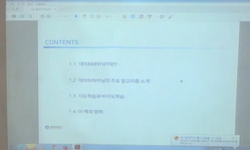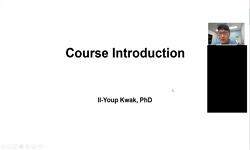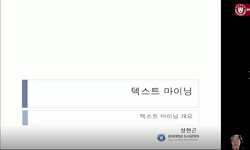Purpose: This study analyzed research trends in infant and toddler rearing behavior among family caregivers over a 10-year period (2010-2021). Methods: Text network analysis and topic modeling were employed on data collected from relevant papers, foll...
http://chineseinput.net/에서 pinyin(병음)방식으로 중국어를 변환할 수 있습니다.
변환된 중국어를 복사하여 사용하시면 됩니다.
- 中文 을 입력하시려면 zhongwen을 입력하시고 space를누르시면됩니다.
- 北京 을 입력하시려면 beijing을 입력하시고 space를 누르시면 됩니다.


Research trends over 10 years (2010–2021) in infant and toddler rearing behavior by family caregivers in South Korea: text network and topic modeling
한글로보기https://www.riss.kr/link?id=A108687412
-
저자
Inhye Song (College of Nursing, Sahmyook University, Seoul) ; Kyung-Ah Kang (College of Nursing, Sahmyook University)

- 발행기관
- 학술지명
- 권호사항
-
발행연도
2023
-
작성언어
English
- 주제어
-
등재정보
KCI등재,SCOPUS
-
자료형태
학술저널
- 발행기관 URL
-
수록면
182-194(13쪽)
- DOI식별코드
- 제공처
-
0
상세조회 -
0
다운로드
부가정보
다국어 초록 (Multilingual Abstract)
Purpose: This study analyzed research trends in infant and toddler rearing behavior among family caregivers over a 10-year period (2010-2021). Methods: Text network analysis and topic modeling were employed on data collected from relevant papers, following the extraction and refinement of semantic morphemes. A semantic-centered network was constructed by extracting words from 2,613 English-language abstracts. Data analysis was performed using NetMiner 4.5.0. Results: Frequency analysis, degree centrality, and eigenvector centrality all revealed the terms ''scale," ''program," and ''education" among the top 10 keywords associated with infant and toddler rearing behaviors among family caregivers. The keywords extracted from the analysis were divided into two clusters through cohesion analysis. Additionally, they were classified into two topic groups using topic modeling: "program and evaluation" (64.37%) and "caregivers' role and competency in child development" (35.63%). Conclusion: The roles and competencies of family caregivers are essential for the development of infants and toddlers. Intervention programs and evaluations are necessary to improve rearing behaviors. Future research should determine the role of nurses in supporting family caregivers. Additionally, it should facilitate the development of nursing strategies and intervention programs to promote positive rearing practices.
동일학술지(권/호) 다른 논문
-
How to perform and write a systematic review and meta-analysis
- 한국아동간호학회
- Gaeun Kim
- 2023
- KCI등재,SCOPUS
-
The burdens faced by parents of preschoolers with type 1 diabetes mellitus: an integrative review
- 한국아동간호학회
- Sunyeob Choi
- 2023
- KCI등재,SCOPUS
-
- 한국아동간호학회
- Sunjung Park
- 2023
- KCI등재,SCOPUS
-
- 한국아동간호학회
- Suk-Jin Lim
- 2023
- KCI등재,SCOPUS




 ScienceON
ScienceON






